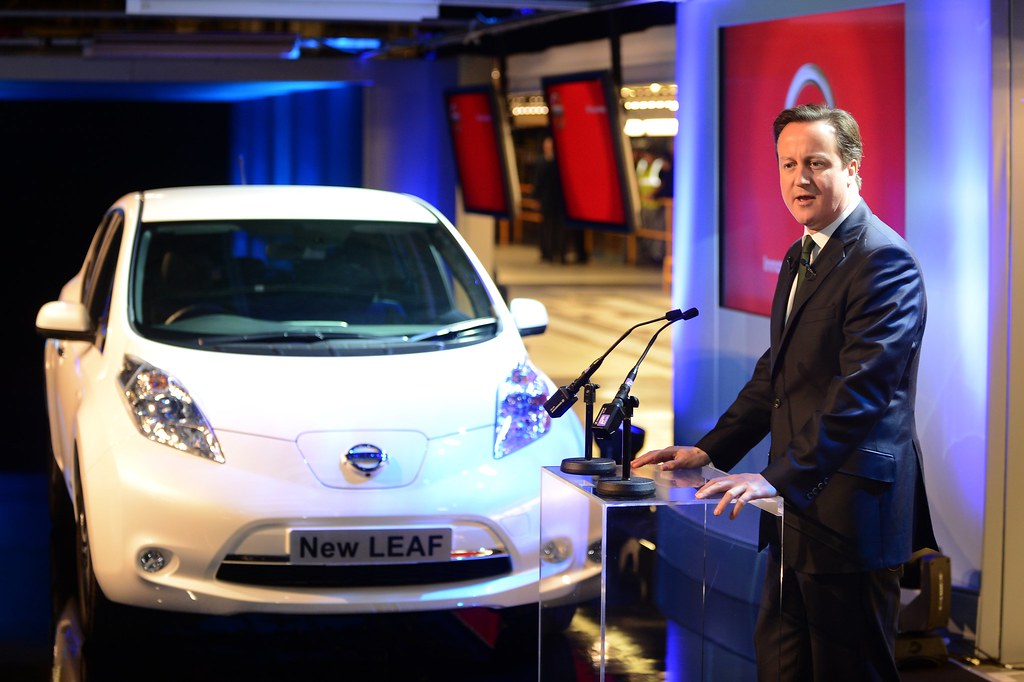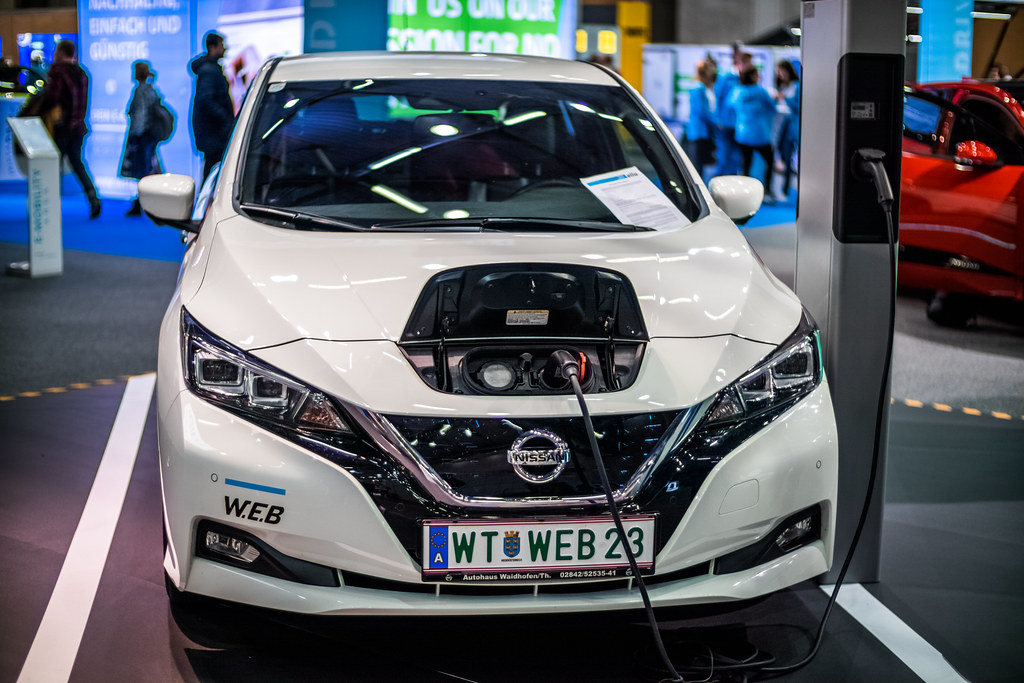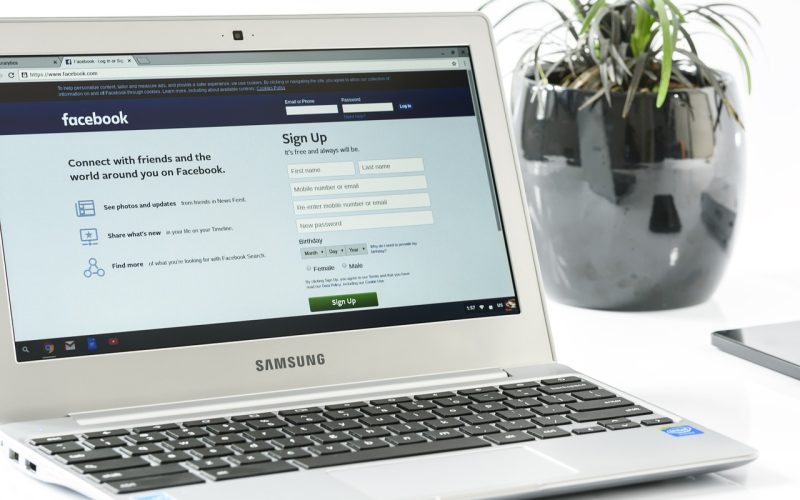Nissan’s senior executive stated that “the economics have to work” for the business to produce new electric Juke and Qashqai models in the UK.
Ashwani Gupta, the company’s chief operating officer, told the BBC that it would be hard for the UK to keep up with other countries that make cars.
He said that the costs of making things in the UK were higher than in other places because energy bills were higher and inflation was higher overall.

At its plant in Sunderland, where more than 6,000 people work, Nissan makes cars.
Mr. Gupta said it was important for the UK to stay competitive to keep production costs low. He also said that the UK would stay appealing to car companies as long as the government kept helping people switch to electric cars and the supply chains were strong.
Nissan has already agreed to make the next version of its Leaf electric car at its plant in Sunderland. However, Mr. Gupta said that when it came to deciding where to make the new Juke and Qashqai models among the company’s 44 plants around the world, the company “needed to have the economics to justify it.”
The new Juke and Qashqai will be made in Sunderland until 2027 or 2028, so the decision about where to build them does not have to be made until then. Usually, decisions are made two or three years ahead of time.
Car companies often ask the government for more help. Nissan just got about £100 million from the government to help pay for a $1 billion investment in a Chinese battery plant right next to its Sunderland plant.
But the map of where cars are made around the world is changing, and the US is giving tens of billions of dollars in subsidies to car companies that move production and supply chains to the US. People also expect the EU to respond with its own carrots.
Mr. Gupta’s comments come as Nissan and Renault reveal the details of a major change to their 24-year-old alliance, which has often been tense. The changes come after Nissan and Renault spent months talking about the changes.
The two firms issued a joint statement saying they had “rebalanced” their relationship by Renault reducing its share in Nissan.
Under the terms of the deal, Nissan will buy a share of Renault’s Ampere electric car division.
The companies also said they would work together on electronics and battery technology and save money through joint projects in Europe, India, and Latin America.
As part of the deal, Renault will cut its stake in Nissan from more than 43% to 15%, which is the same size as Nissan’s stake in its French rival.
The companies also said that Nissan would buy up to 15% of Renault’s new electric vehicle business, Ampere.
Christopher Richter from the investment group CLSA said that the changes were needed to keep the partnership going after 20 years.
The BBC quoted him as saying, “It’s a last-ditch effort to save an alliance where the two parties don’t get along very well.”
Mr. Richter said he hoped that by making both parties equal in the coalition, tensions would ease, and they could find ways to cooperate and help one another.
This change is happening at a time when the car industry is going through big changes because more people are buying electric cars and using cutting-edge technology.
A professor at Japan’s University of Shizuoka, Seijiro Takeshita, recently told the BBC, “We all know that auto firms will be combined into five or six globally, especially because AI technology is growing so swiftly.”
Nissan and Renault are in a position where they need to find a solid partner, and that’s exactly what they are. “They can’t and won’t be able to wage this battle alone,” he continued.
In 1999, Renault saved Nissan from going bankrupt. This is how the alliance came to be.
Mitsubishi joined them in 2016 after Nissan bought a big share of the struggling Japanese company.
In November 2018, Carlos Ghosn, the head of Nissan, was arrested on charges that he had lied about his annual salary and used company money for personal expenses. This shook up the alliance. The charges were denied by Mr. Ghosn.
Mr. Ghosn served as the head of the Japanese automaker at the time. He was also in charge of a partnership between Renault, a French car company, Nissan, a Japanese car company, and Mitsubishi, a Japanese computer and electronics company.












